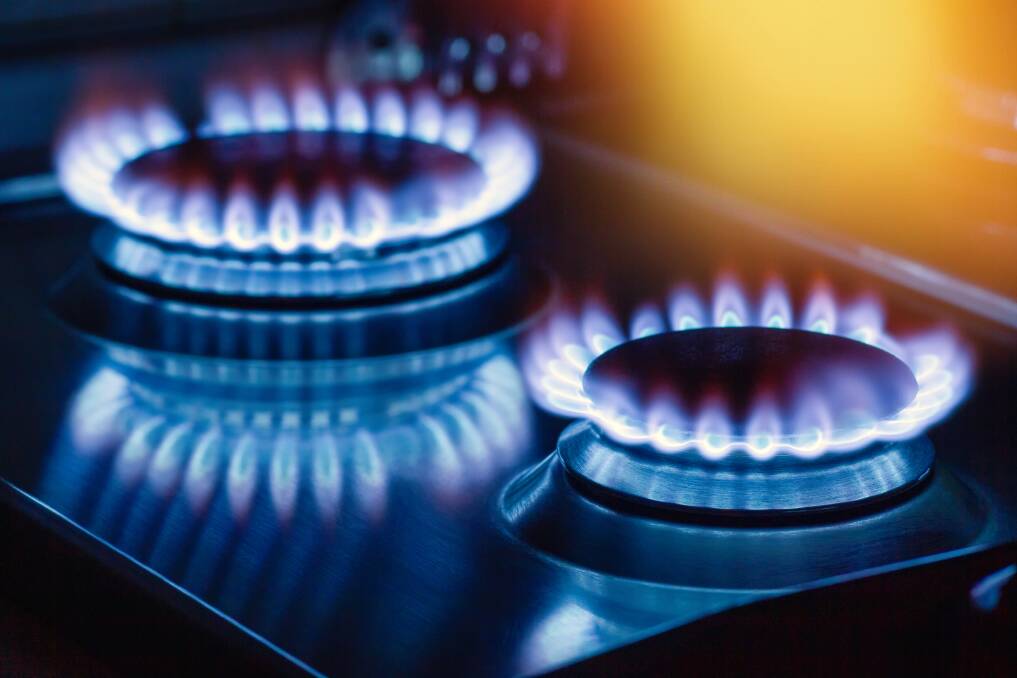
It is brilliant to see that the federal government has struck an agreement with the Greens and crossbench to secure the passage through parliament of its energy price relief plan.
Subscribe now for unlimited access.
or signup to continue reading
This includes caps on wholesale coal and gas prices, $1.5 billion for energy bill rebates matched by the states, and a mandatory code of conduct to ensure permanent reasonable gas pricing - an entirely necessary market intervention to counter the fossil fuel bill shock inflicted by the fossil fuel industry on Australians.
It is another example of a constructive federal government policy based on collaboration with their state peers in the national interest, a stark contrast to the lost decade of energy policy chaos under the LNP, which put multinational corporate interests first, leaving Australian taxpayers and our environment to pay the price.
The LNP's opposition to the bill this week shows they continue to deal themselves out of relevance, stuck in their ideological denial of the climate science, and ignorant of the massive $100-200 billion investment opportunity that will progressively pivot Australia from economic dependence on fossil fuel exports to the decarbonised critical minerals export boom already well underway.
Notably, the financial markets have already priced in the implications of this victory for the Albanese government. Prior to November 2022, retail electricity customers were set to face a further 30 per cent increase in their bills come July 2023.
The forward market price of wholesale electricity for NSW and Queensland in the first quarter of 2023 has now almost halved.
This move by the market is a staggering real-time financial sector endorsement of the government's plan. The government's extraordinary intervention to counter a clear market failure will now dramatically curtail eastern Australia's energy price pain.
Further, the hyperinflation of electricity prices across eastern Australia is the ultimate proof of the foresight of the ACT government. The ACT's move to lock in 100 per cent renewable energy has shielded the territory from the energy market chaos, with the ACT the only region to see retail electricity tariffs decline in 2022/23.
Particularly pleasing is that the federal relief package now comes with a commitment from the government to support homes and businesses to electrify everything, and permanently cut our reliance on the extortionate, polluting methane gas industry, whilst curbing energy costs.
These measures will be funded in the May 2023 federal budget. This will work perfectly with the federal 82 per cent renewables by 2030 and EV deployment targets, driving both decarbonisation and a permanent solution to Australia's addiction to fossil fuels.
Meanwhile, in the last few days the gas lobby has shown that it is determined to ensure that nothing will get in its way as it keeps plundering our sovereign public assets to line its own pockets.
Woodside Energy CEO Meg O'Neill and the chief of the gas lobby's peak body, APPEA, are threatening a capital strike, and to undermine Australia's energy security if they aren't allowed to continue price gouging Australian consumers and businesses as they destroy the planet.
Woodside is also openly working through the media with Shell to restrict domestic supply, blatantly threatening our national energy security. That looks a lot like anticompetitive cartel behaviour, which should be illegal. It can only be hoped the ACCC is closely examining this situation.
Further, their spin about needing more supply is just that - spin, which gives a whole new dimension to the term gaslighting. Over the last decade, east coast gas production has trebled yet prices have skyrocketed as the cartel sells our gas back to us at export prices.
More supply will do precisely zero to address this, and greenfield gas developments like Santos' Narrabri will take five or more years to come online, so will have no impact on the current crisis, contrary to the spurious claims of its CEO.
For too long the gas cartel has snubbed its nose at the expectation that they need to earn a social licence to operate. The federal government is rightly calling them out, prioritising the interests of Australians and the broader economic and social good, as is entirely appropriate.
READ MORE:
Gas multinationals have amassed $50 billion gross profits in calendar year 2022 alone to bankroll their campaign. These gains are off the back of Russia's war on Ukraine, and the sanctions on Russian fossil fuel exports that have restricted global supply - that is, they are war profits earned from the blood of the Ukrainian people.
That lobby is now mobilising in numbers to wage war on the federal government's relief package, marshalling its might to oppose measures that will protect Australian businesses and families from crushing bill shock, even as their CEOs will take home the largest bonuses of their career.
Ultimately the only solution to this crisis is to end our dependence on fossil fuels, and rapidly transition to renewables firmed with storage to ensure grid stability, reliability of supply and permanently lower prices.
At the domestic level, the new commitment from the government to support households to electrify is a huge leap in the right direction.
The federal and state governments are also making major strides with the announcement of a capacity investment mechanism last week, designed to trigger a wave of investment in renewables plus storage such as batteries and pumped hydro.
This complements the government's $20 billion Rewiring the Nation plan, which is supporting a massive build out of transmission infrastructure to get renewable energy from distributed production sites - wind farms, solar - into homes and businesses.
Only when we cut ties with the rapacious fossil fuel industry will we be free to harness our plentiful, low cost clean energy, and the enormous economic and social benefits of this once in a century transformation.
- Tim Buckley is director of independent think tank Climate Energy Finance

